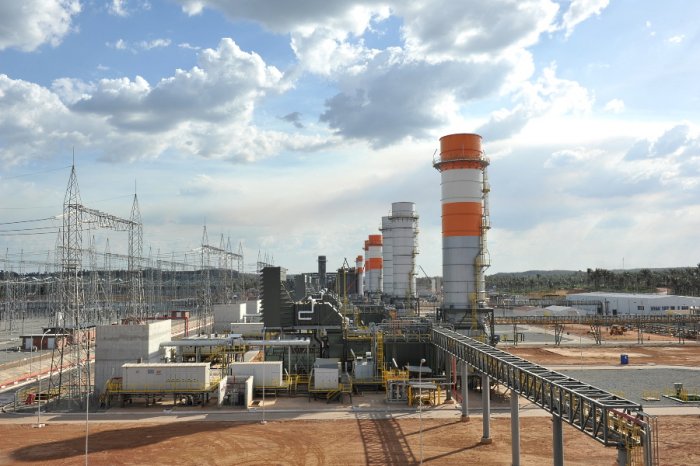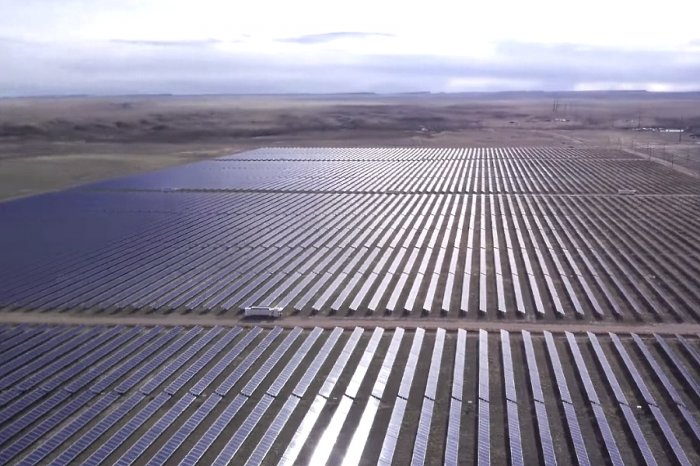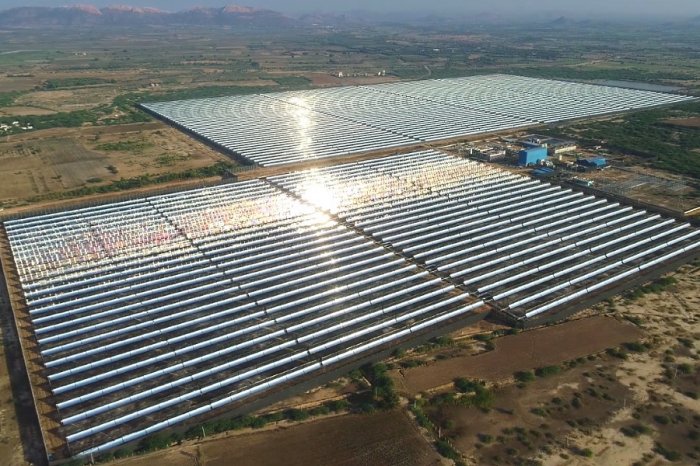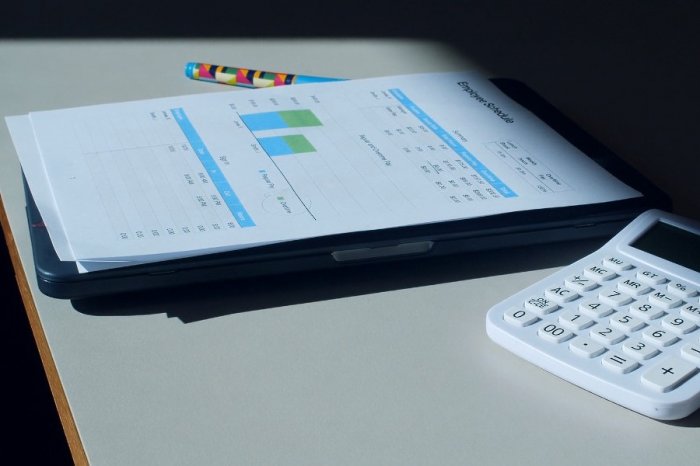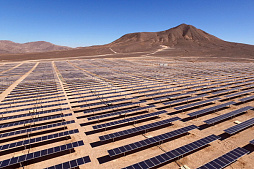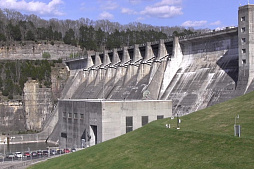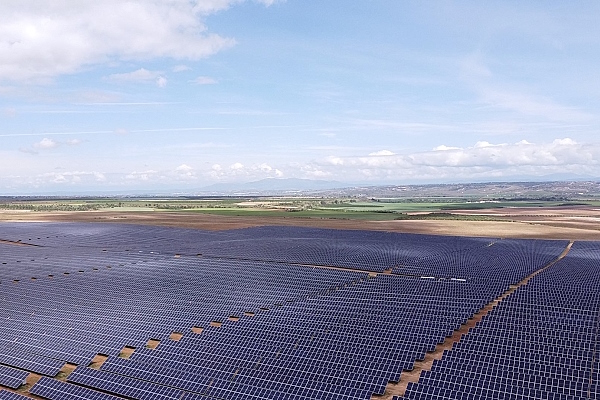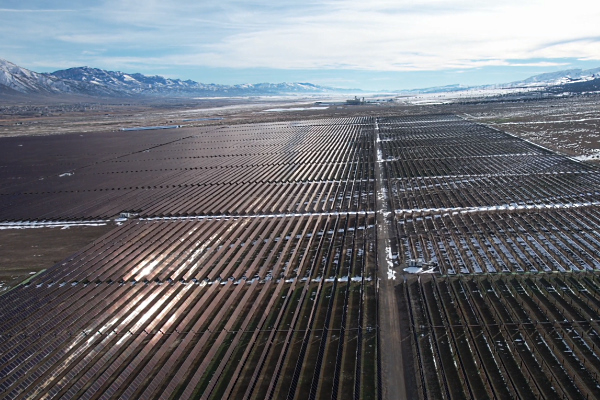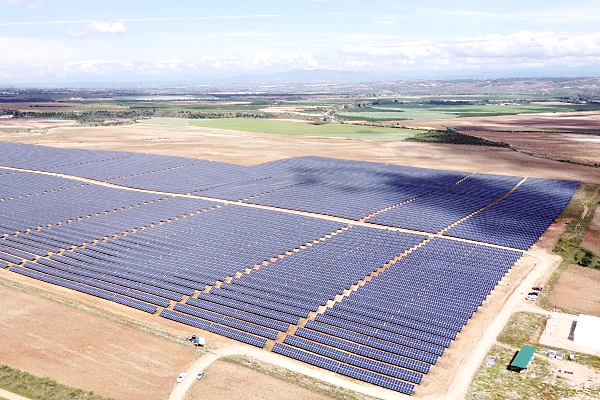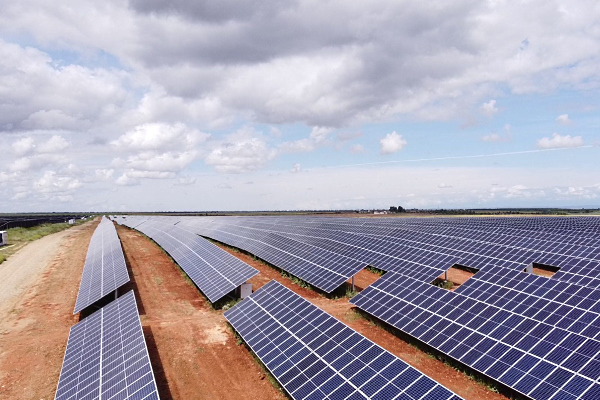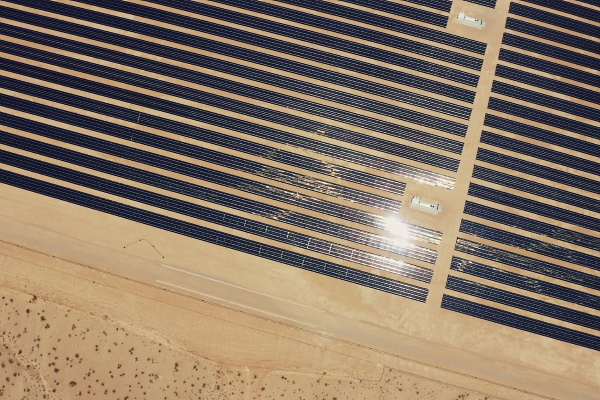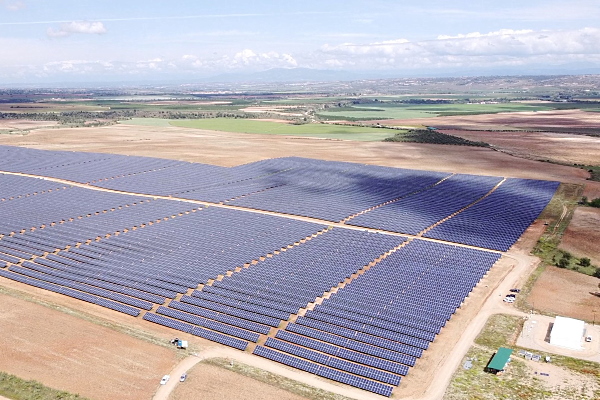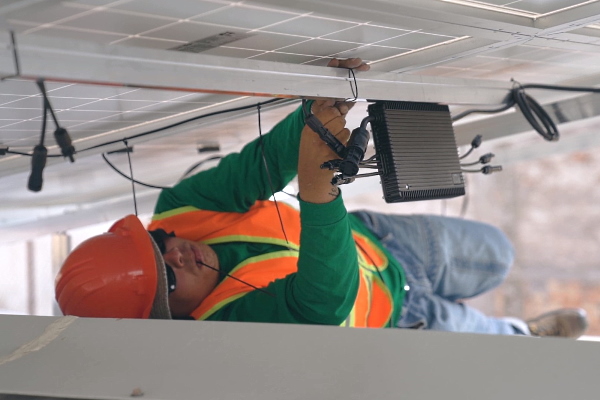After receiving the necessary documents and project presentation, our team will try to review your request as soon as possible, and leading experts will offer the best options for project funding.
India is densely populated and also has a large amount of solar radiation, which makes the country one of the best candidates for the development of photovoltaics and solar thermal energy.
In July 2009, India unveiled a $ 19 billion program to install 20 GW of solar power by 2020.
According to this plan, the use of solar systems and their applications is becoming mandatory in all government buildings, as well as in hospitals and hotels.
In January 2015, the Indian government significantly increased its solar development plans, committing $ 100 billion in investment to install 100 GW of solar power by 2022.
The fall in photovoltaic panel prices, mainly from China, has coincided with a rapid rise in electricity prices in India. Government support and the abundance of solar resources have contributed to the introduction of photovoltaic technology on a large scale. India, as a developing economy with a growing middle class, now faces electricity shortages that sometimes account for 13% of daily needs.
The states of Telangana, Rajasthan, Gujarat, Andhra Pradesh, Tamil Nadu, Madhra Pradesh and Maharashtra are the undisputed leaders in solar energy production in India.
Today in these states announced the construction of a number of large solar power plants. Local and international engineering companies are competing for multibillion-dollar EPC contracts, offering the most advanced and cost-effective solutions for the Indian energy sector.
Bhadla Solar Park with an installed capacity of 2,240 MW, opened in Rajasthan in March 2020, is by far the largest in India and the most powerful on the planet. The second place belongs to Pavagada Solar Park with an installed capacity of 2 GW. This giant was launched in late 2019 in Karnataka, covering a significant portion of the state's energy needs.
India's renewable energy capacity has increased to 86 GW in 2019 with the addition of 7.5 GW of new large-scale solar capacity, according to new data from JMK Research & Analytics.
The state of Karnataka in southwest India led the way with 2 GW of new additional solar capacity.
It is followed by the state of Rajasthan with 1.7 GW, Tamil Nadu with 1.5 GW, Gujarat with 936 MW, Andhra Pradesh with 917 MW and Madhya Pradesh with 651 MW.
The largest solar power plants in India (2020):
| Name of PV plant | Installed capacity, GW | Year of commissioning | State |
| Bhadla Solar Park | 2.25 | 2020 | Rajasthan |
| Pavagada Solar Park | 2.05 | 2019 | Karnataka |
| Kurnool Ultra Mega Solar Park | 1.00 | 2017 | Andhra Pradesh |
| Ananthapuram Ultra Mega Solar Park | 0.90 | 2020 | Andhra Pradesh |
| Rewa Ultra Mega Solar Park | 0.75 | 2018 | Madhya Pradesh |
The company GCAM and its partners are involved in major energy projects around the world, including offering financing for the construction of solar power plants under an EPC contract.
Our technical solutions are ahead of time, ensuring a reliable and affordable power supply anywhere in the world.
If you are looking for financing for your solar project in India, contact our representatives at any time you like.
We are ready to help you at any stage of the project.
Construction of solar power plants in India: advantages of the EPC contract
India continues to actively develop its energy sector, focusing on the construction of solar power plants.As of the second half of 2020, the installed photovoltaic capacity in India exceeded 35 GW.
The rapid development of the sector requires the improvement of contractual relations, since most of the major energy projects are implemented by foreign engineering companies from China, USA, UK, Germany, Spain and other countries.
In particular, Indian customers widely use EPC contracts (Engineering, Procurement and Construction).
EPC contracts are used in turnkey construction.
This contractual model assumes that a single general contractor is responsible for all phases of the construction process, including engineering, procurement and construction.
EPC contracts connect the customer and the general contractor who performs the entire list of works on the construction of a solar power plant for a fixed price and takes all the risks of its execution, from the moment of basic design to the transfer of the facility to the customer.
When concluding an EPC contract, the contractor is financially liable to the customer for all risks arising during the construction process and ensures that all obligations are met. This type of contractual relationship is especially beneficial for energy projects in India, where the complexity of local legislation and other objective factors create high uncertainty in the long term.
The main advantages of concluding EPC contracts:
• Fixed price and construction time specified in the contract.
• Transfer of responsibility for regulating the activities of all participants in the construction chain (suppliers, subcontractors) to a single EPC contractor.
• Implementation of the principle of "one window", which greatly simplifies project management.
• The customer reduces the number of contacts and resolves all issues with the EPC contractor.
• The terms of the contract encourage the contractor to fulfill all his obligations as quickly as possible.
The above advantages are especially beneficial for the Indian customer, since the EPC contract provides the optimal result with the lowest risk for a fixed price and within a certain time frame.
The functions of an engineering company acting as a general contractor include the following items:
• Obtaining the necessary permits and licenses.
• Calculation of the budget and cost of each type of work.
• Detailed analysis of possible risks and their minimization.
• Initial design and engineering; preparation of technical documentation.
• Procurement of equipment and construction materials of proper quality.
• Search, selection and signing of contracts with subcontractors.
• Control over all construction and installation work.
• Ensuring the safety of personnel at the construction site.
• Quality management and inspection of work performed.
• Testing and commissioning of the facility (turnkey delivery).
The responsibilities of the general contractor, as one of the parties to the EPC contract, include the implementation of the project as a whole.
This creates optimal conditions for customer companies that do not have dedicated departments and resources to manage large projects and control numerous subcontractors.
The EPC model implies the availability of certain technologies, resources and experience of the general contractor who will be responsible for integrating and optimizing the various engineering, construction and procurement works required for the project.
The obvious advantage of an EPC contract is the implementation of the project in the shortest possible time due to the simultaneous execution of different stages of work (the beginning of the next stage before the completion of the previous one: it is not necessary to complete the drawings to prepare the construction site).
Other types of contractual relations
EPCM (engineering, procurement, construction, management) is a model similar to EPC contracts.It is also widely used in the energy sector. In this case, the contractor provides the customer with additional services related to project management.
EPC and EPCM contracts are contractual models, within which a single contractor performs a full list of works (full cycle), from engineering design to equipment supply, construction and launch of the facility.
However, quite often there are cases when the customer takes responsibility only for a certain type of work (design or equipment supply). Therefore, in addition to EPC and EPCM contracts, there are other types of contractual relations on the market, such as the EPCS contract, which includes engineering design, equipment supply and construction control. In this case, the contractor does not perform construction and installation work.
The benefit of using such contracts is that the separate execution of work can cost the customer less than the implementation of the entire project by one general contractor.
For example, the customer prepares the site for construction independently, the supply of equipment and design is carried out by one contractor, construction, installation and other work is carried out by another.
In certain situations, EPC contracts can expand to EPC + OM (Supply Engineering, Construction + Operation and Support). In this case, the contractor manages the construction processes, as well as operates the power plant, maintains it in proper technical condition, carries out repairs and modernization. EPC + OM contracts have become widespread in the implementation of projects in public-private partnerships (PPP), BOO (Build, Own, Operate), BOT (Build, Operate, Transfer), BOOT (Build, Own, Operate, Transfer) and so on. ...

The implementation of each energy project in India has a number of unique features, so the model of contractual relations should be selected individually, depending on the situation.
There are also other types of EPC contracts:
• EPIC (Engineering, Procurement, Installation, Commissioning).
A fixed price contract that integrates the obligations to create one or more elements of the entire energy facility under construction from the stage of developing the project concept to commissioning.
• EPСI (Engineering, Procurement, Construction, Installation) and its subtype EPСIC (Engineering, Procurement, Construction, Installation, Commissioning).
According to this model, the contractor performs work related to the design of the facility, provides it with all the necessary materials, equipment and resources. The contractor also organizes and carries out the delivery of resources, construction work, installation of the necessary equipment. The contract is usually concluded with a fixed price. It stipulates the risks that the customer assumes (for example, failure to meet deadlines and rise in price due to weather conditions).
The construction of solar power plants in India involves numerous factors beyond the control of the customer and contractor.
For example, worsening weather conditions can stop construction work for an extended period and lead to increased costs. All risks should be considered when choosing a contractual model.
EPCM contracts are also often transformed into EPCC contracts (Engineering, Procurement, Construction and Commissioning). In this model, the contractor manages the design, procurement, construction and commissioning, receiving a certain fee, calculated as a percentage of the total project cost.
GCAM is your reliable solar partner and project manager in India
GCAM, a company with an international presence, offers financing and construction services for renewable energy projects in India.Therefore, we provide general contracting services in accordance with the world's stringent quality standards.
EPC services for the construction of solar power plants in India:
• CONSULTING. Market analysis, selection of a construction site, assessment of solar resources of the area, purchase of a site and approval of land use rights, selection of the type of power plant and drawing up a detailed business plan. We advise clients at any stage of the project.
• PLANNING. Obtaining the permits, financial assessment of the project, consulting with the authorities, integration with the industrial project (if applicable), negotiations with the distribution company, etc.
• ENGINEERING. Pre-design modeling of a solar power plant, development of a project with a minimum payback period, basic and detailed engineering design, feasibility study and other calculations.
• CONSTRUCTION. Site preparation, installation of support structures, installation and connection of photovoltaic panels, construction of a transformer substation and power lines, testing and commissioning.
• PURCHASE AND DELIVERY. Holding tenders, purchasing equipment from the world's leading manufacturers, control of supplies, support of transactions, delivery throughout the country.
• OPERATION AND MAINTENANCE. Organization of reliable operation, development of a maintenance schedule for the solar power plant, diagnostics of equipment and components, repair, monitoring, ordering and supply of spare parts, assessment of the dust content of PV modules and their cleaning, adaptation of equipment to the landscape, etc.
Solar project management in India:
• We offer the best solutions, completely eliminating unnecessary material and time costs.
• We provide comprehensive legal support in the event of any conflict situations.
• We use equipment from the world's leading suppliers with international experience.
• We set the lowest general contracting prices in India.
Do you need funding for a large project?
Are you interested in building a solar power plant in India?
If you want to know more details, please contact us at any time.





